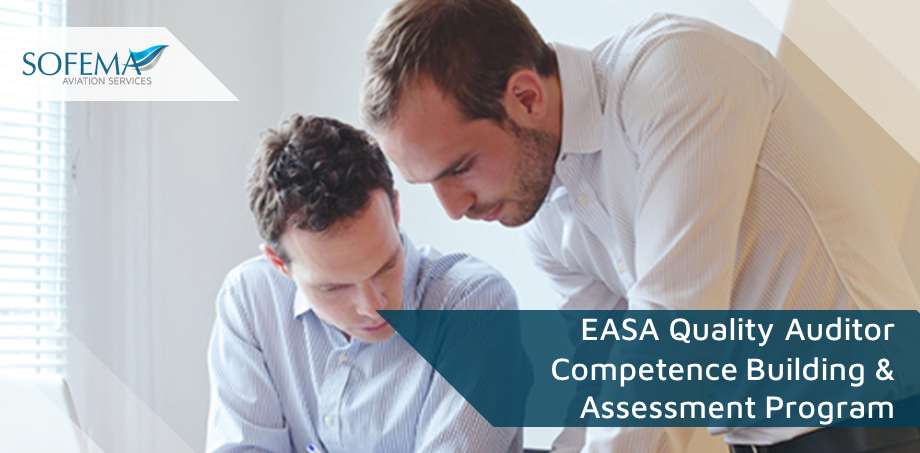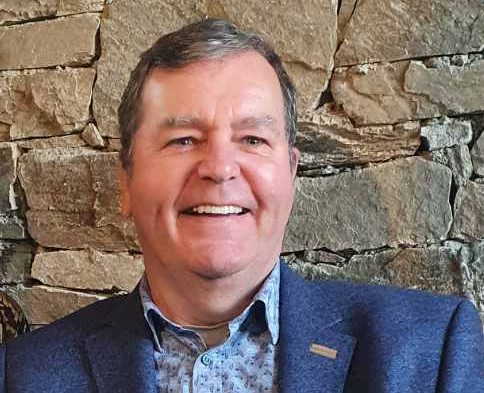Sofema Aviation Services (SAS) considers the regulatory training required for EASA Quality Auditor as part of the ongoing Competence Building & Assessment Program within the AMO & CAMO Environment
Having been delivering regulatory training across a range of subjects since 2008, Sofema Aviation Services (SAS) is in a position to comment that it is the exception rather than the rule when quality auditors attend regulatory and vocational training.
From time to time people join a Quality Department with limited experience of the subject matter which is to be covered. This in itself is not a major issue (providing the competence is managed and the person supervised) Where the organization fails to develop a learning path to develop the ability of this person, then it may very well become an issue.
A weak auditor will miss exposures during audits and as a result, may even contribute negatively to an event by failing to act or failing to identify a required action. It is generally accepted that to audit a particular subject you should have a reasonably strong understanding of the regulatory environment which covers the particular subject.
For example, you are auditing an AMO who is in the process of embodying a Supplemental Type Certificate – if you audit this activity do you have the background knowledge and confidence to be able to validate the STC against either FAR 25 / Certification Specification 25 for large aircraft or FAR 23 / CS 23 for non large aircraft.
If you are auditing a CAMO are you able to assess the effectiveness of the reliability program and the methodology employed to assess and update the AMP based on this data – both Airbus & Boeing for example advise that the Maintenance Planning Document (MPD) is for guidance and Aircraft Maintenance Program (AMP) should be based on Operators experience.
To consider auditors who work in the Part 145 & Part M Environment
A full 145 Course is a prerequisite to auditing within the AMO environment
For auditors involved with Part M a full Part M course (to include subparts C G & I) is a pre-requisite to auditing within the CAMO department.
But note that there is additional content which may be dealt with at a separate level
For example in the case of EASA Part 145
Production Planning practices and techniques
Logistics and Stores Inspection Procedures
For example in the case of EASA Part M
Maintenance Planning
MSG 3
MRB, MPD & AMP development
Part 21 for CAMO Staff
A thorough knowledge of the above provides an underpinning to the auditor in way that checklists never can.
All of the above regulatory training can be taken over a period of approx. 15 days – however the ideal process is to take the core subject then consolidate over a number of weeks with the addition of the additional courses
The majority of these courses are available as online training using the SAS online learning platform provided by our sister company Sofema Online (SOL) – A specific package can be arranged to suit the particular needs of an organisation and also provides an opportunity to benefit from multiple attendance discounts.
Additional Subject Part 21 Subpart G & J
To cover the requirements of the AMO & CAMO in the most effective way auditors should have a good understanding of the Part 21 Environment to understand in detail the design and production environment and how it impacts industry.
Sofema Aviation Services offers in excess of 400 courses and together with our online training platform can offer significant support within the Maintenance and AMO environment.
Follow this link to our Library to find & download related documents for Free.
What`s more :
a) Introducing a Cutting Edge, Effective & Affordable CAMO Software
b) For access to a world leading CAMO Diploma Program with 25 separate courses please see the following links
Next Steps
Sofema Aviation Services and Sofema Online – Provide Classroom, Webinar & Online Regulatory & Vocational Training.
For further details please email team@sassofia.com





